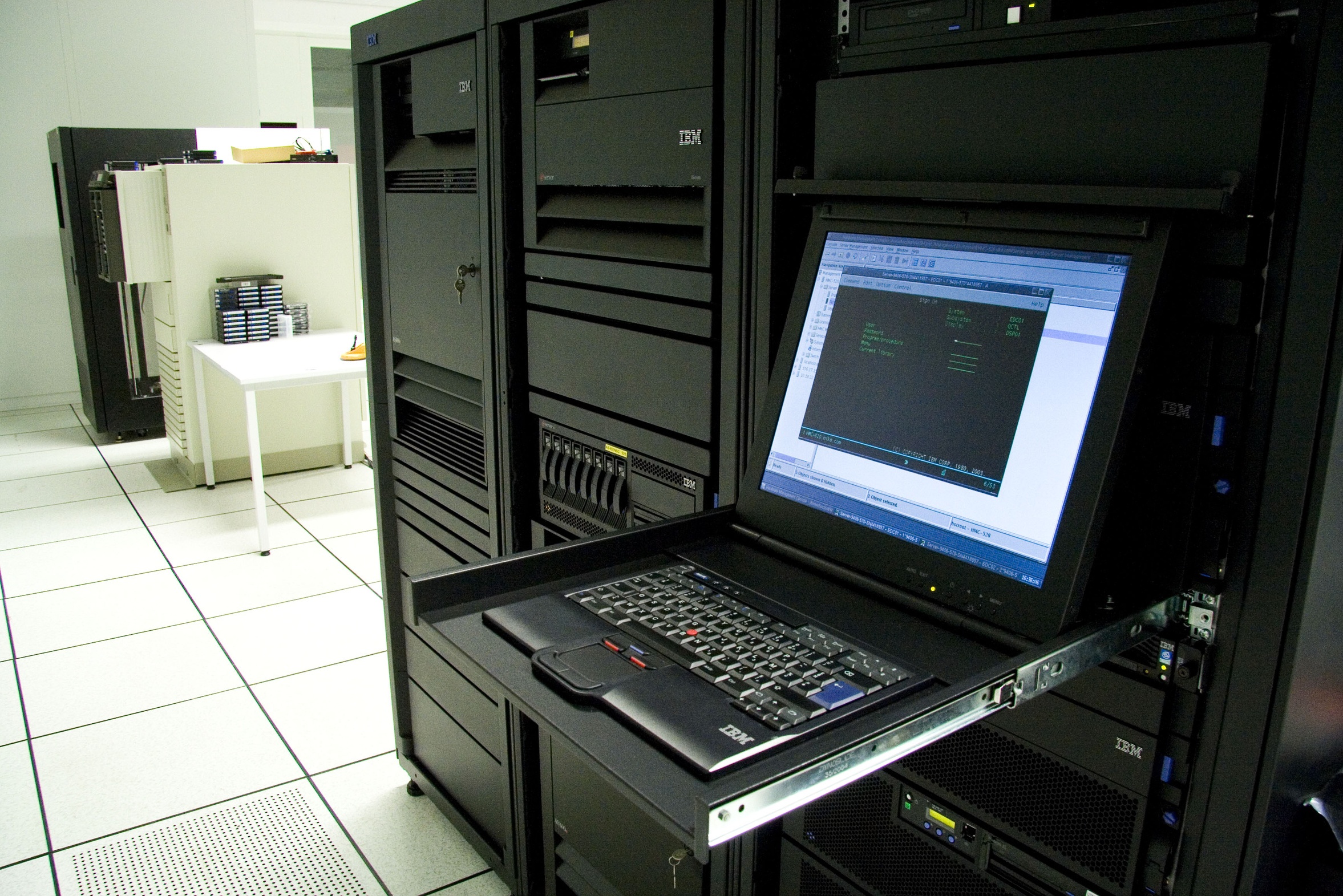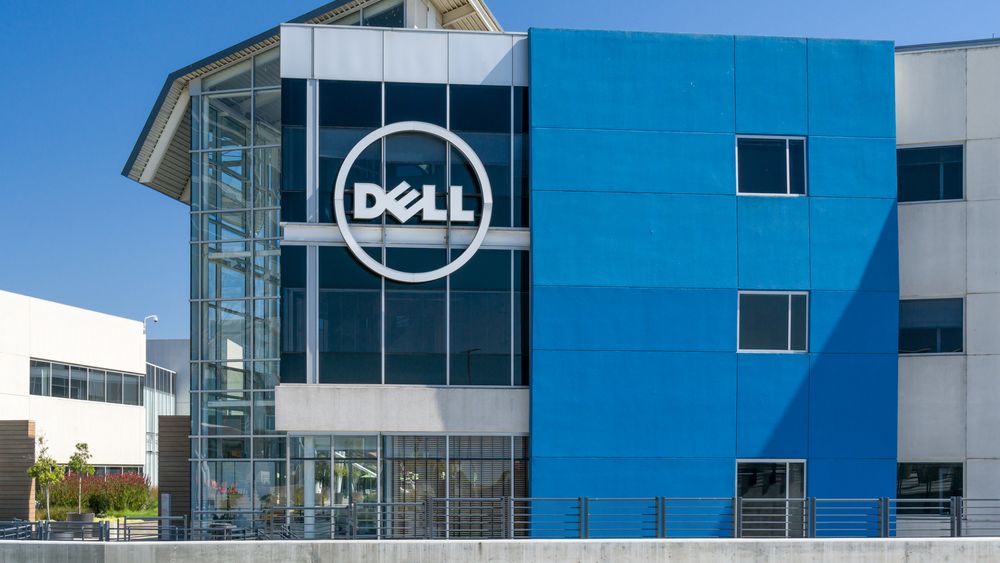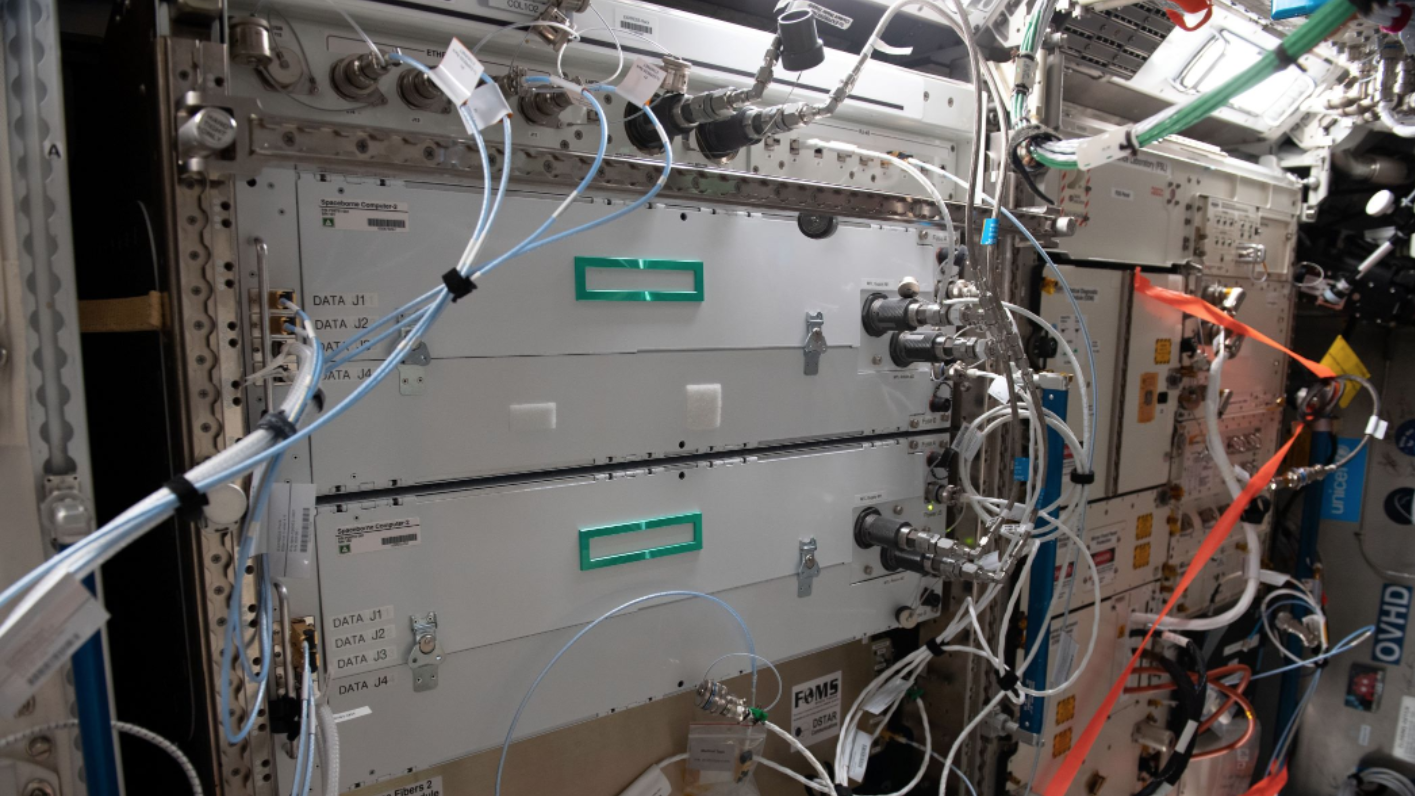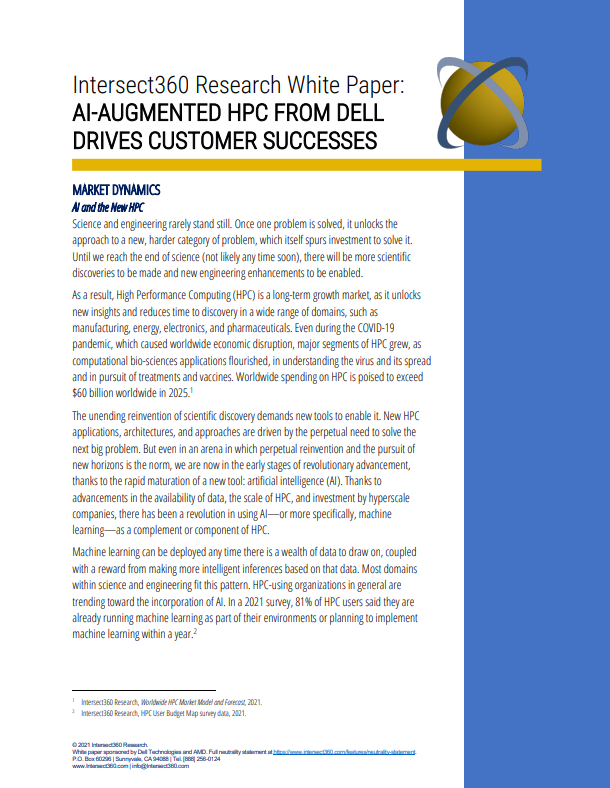New supercomputers planned at three UK universities
HPE, SUSE and ARM will build high-performance computing machines in a 'next step' for AI research

Hewlett Packard Enterprise (HPE) announced today the launch of the Catalyst UK programme, a project which aims to increase the adoption and efficiency of supercomputers in the UK.
The high-performance computing (HPC) programme will see supercomputers running ARM chips and SUSE open source software built at Edinburgh Parallel Computing Centre (EPCC) at the University of Edinburgh, the University of Bristol, and the University of Leicester.
In total, the three supercomputer sites will consist of HPE Apollo 70 HPC systems hosting 12,000 cores running on ARM chips, and each site is expected to use 30 KW of power. HPE expects the installation to be complete by summer 2018 and will run it for three years.
Catalyst UK will also provide researchers with training that focuses largely on exascale computers, which are meant to be able to compute a billion calculations per second.
"Today's announcement marks a major step forward in boosting collaboration between the government and business to harness the power of innovation in supercomputing and AI," said Sam Gyimah MP, science minister.
He added that the programme, along with other AI and HPC investments the government is making, has "the potential to increase the UK's competitiveness in emerging industries around the world, grow our economy and create the high value jobs we need to build a Britain fit for the future".
Professor Simon McIntosh-Smith, head of the HPC Research Group at the University of Bristol, said the new HPC machines will help his researchers try to scale across the low latency data communications link InfiniBand , leading to benefits for industrial and academic parties.
Get the ITPro daily newsletter
Sign up today and you will receive a free copy of our Future Focus 2025 report - the leading guidance on AI, cybersecurity and other IT challenges as per 700+ senior executives
"The Catalyst UK initiative will give us the exciting opportunity to explore the potential of Arm-based systems to support a broad spectrum of HPC workflows including simulations of gravitational waves and planet formation, earth observation science models and fundamental particle physics calculations," added Dr. Mark Wilkinson, director of the HPC facility at the University of Leicester.
Marc Waters, HPE's MD for the UK & Ireland, said the programme was a necessary step to improve AI adoption in the UK, saying: "Investment in projects that increase access to the right infrastructure is needed to ensure that the UK has the optimal combination of knowledge, skills, and technology, to realise that ambition."
The economic benefits of supercomputers, through large-scale data analysis, are also a focus for Catalyst UK.
PwC researchers estimate that AI adoption could boost global GDP by 14% come 2030, the equivalent of an additional $15.7 trillion.
-
 How the National Library of Sweden harnessed AI to unlock centuries of language data
How the National Library of Sweden harnessed AI to unlock centuries of language dataCase Study From Viking-age manuscripts to 1970s broadcasts, AI is helping to digitize more than 18 million items key to Sweden’s history
By Rene Millman
-
 Nvidia and Microsoft team up to build 'most powerful' AI supercomputer
Nvidia and Microsoft team up to build 'most powerful' AI supercomputerNews The firms seek to accelerate the training of AI models using Azure's supercomputer infrastructure and Nvidia GPUs
By Rory Bathgate
-
 Dell's new PowerEdge servers, quantum solution accelerates HPC for all customers
Dell's new PowerEdge servers, quantum solution accelerates HPC for all customersNews The servers were built in partnership with Nvidia and Intel, and are marketed to all organisations - small and large
By Connor Jones
-
 HPE Cray supercomputer to boost Singapore’s met office weather forecasting
HPE Cray supercomputer to boost Singapore’s met office weather forecastingNews The new system provides twice the speed of its predecessor and has a peak performance of 401.4 teraflops
By Zach Marzouk
-
 Saudi Arabian university taps HPE to build region’s most powerful supercomputer
Saudi Arabian university taps HPE to build region’s most powerful supercomputerNews The supercomputer is set to advance insights in areas including clean combustion, Red Sea ecosystems, climate events, and the Arabian tectonic plate
By Zach Marzouk
-
 HPE's new platform lets customers build machine learning models quickly and at scale
HPE's new platform lets customers build machine learning models quickly and at scaleNews The company is also making it easier for businesses to share information from their AI models with each other, without compromising data
By Zach Marzouk
-
 HPE’s supercomputer helps ISS astronauts experiment in space
HPE’s supercomputer helps ISS astronauts experiment in spaceNews Installed in May 2021, HPE claims it’s the first in-space commercial edge computing and AI system to run on the ISS
By Zach Marzouk
-
 AI-augmented HPC from Dell drives customers successes
AI-augmented HPC from Dell drives customers successesWhitepaper Solve large data problems faster
By ITPro

